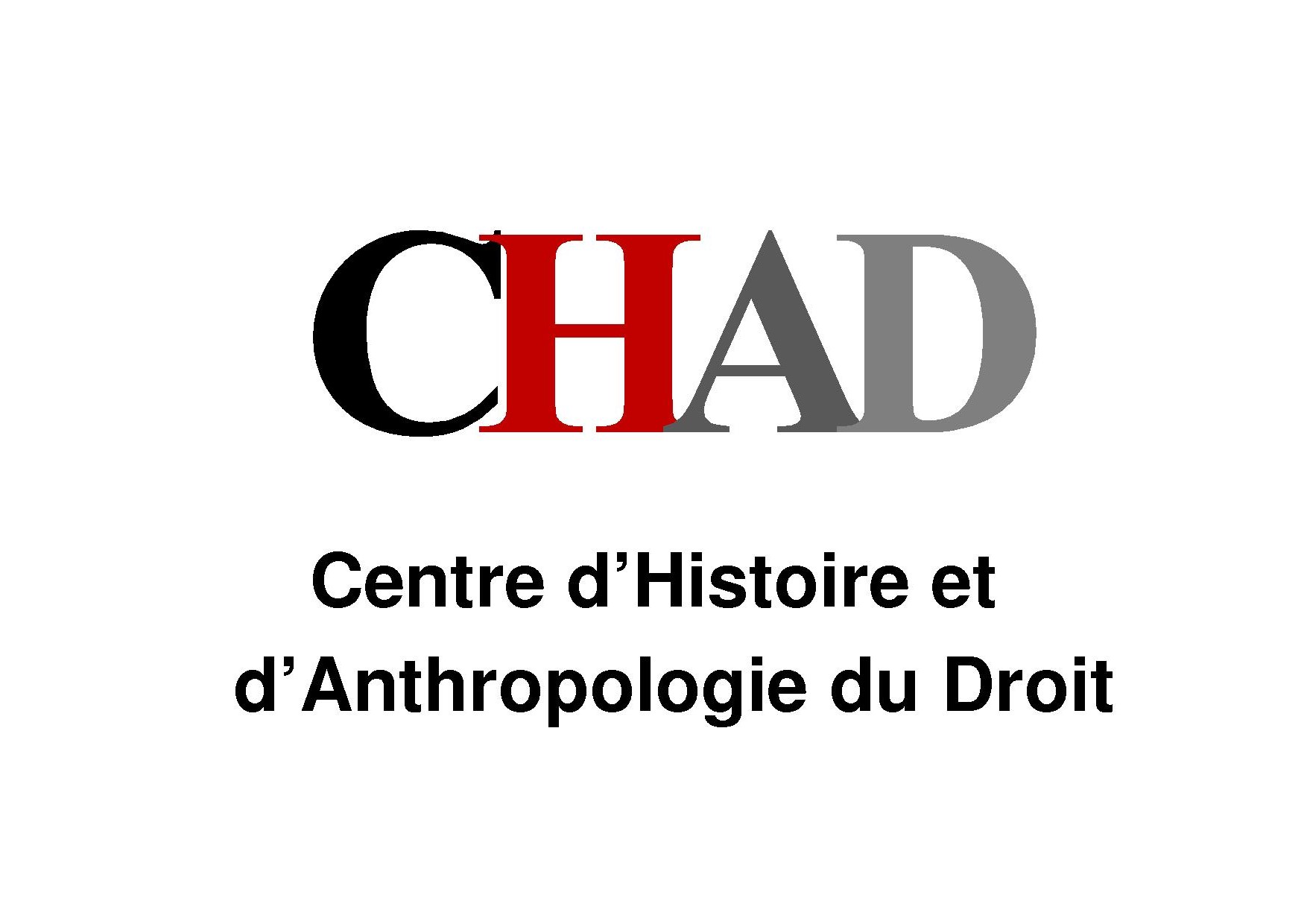Version française / Conférences
- Libellé inconnu,
- Libellé inconnu,
Cultural Expertise in Europe: What is it useful for?

Communication de Livia Holden (Karakoram International University – Nantes Institute of Advanced Studies) PI of ERC Consolidator Grant 2016-2021
le 24 mars 2016
Respect for diversity has been at the forefront of political accession to the European Union since 1993 and socio-legal scholarship has developed articulated reflections on the accommodation of ethnic and religious minorities in Europe. Country experts have been instructed with increasing frequency in judicial and pre-judicial proceedings involving members of diasporic communities. In some common law countries the role of the expert witness has expanded to systematically assist the judge when litigants belong to minorities; in most civil law countries, similar roles are played by translators and cultural mediators, including notaries and lawyers. Cultural expertise is sometimes used in order to avoid excessive judicialisation. Notwithstanding, disbelief is developing around cultural expertise; and, escalations of violence and counter-violence signal that the European majority and the so-called minorities are drifting apart. Hence our question: Cultural Expertise in Europe: What is it useful for? The presenter will outline the genesis of this project, her theoretical approach, methods of data collections and deliverables.
Livia Holden (PhD) is Dean of the Faculty of Humanities and Social Sciences and Professor of Behavioural Sciences (Anthropology) at Karakoram International University. Currently, she is Fellow 2015-2016 at the Institute of Advanced Studies in Nantes and recipient of the European Research Council’s Consolidator Grant 2015 for a 5 years project titled Cultural Expertise in Europe: What is it useful for. Among her publications: Hindu Divorce (Ashgate 2007), Cultural Expertise and Litigation (Routledge 2011 and 2013), and Legal Pluralism and Governance in South Asia and Diasporas (Routledge 2013 and 2015).
Mis à jour le 09 septembre 2016







